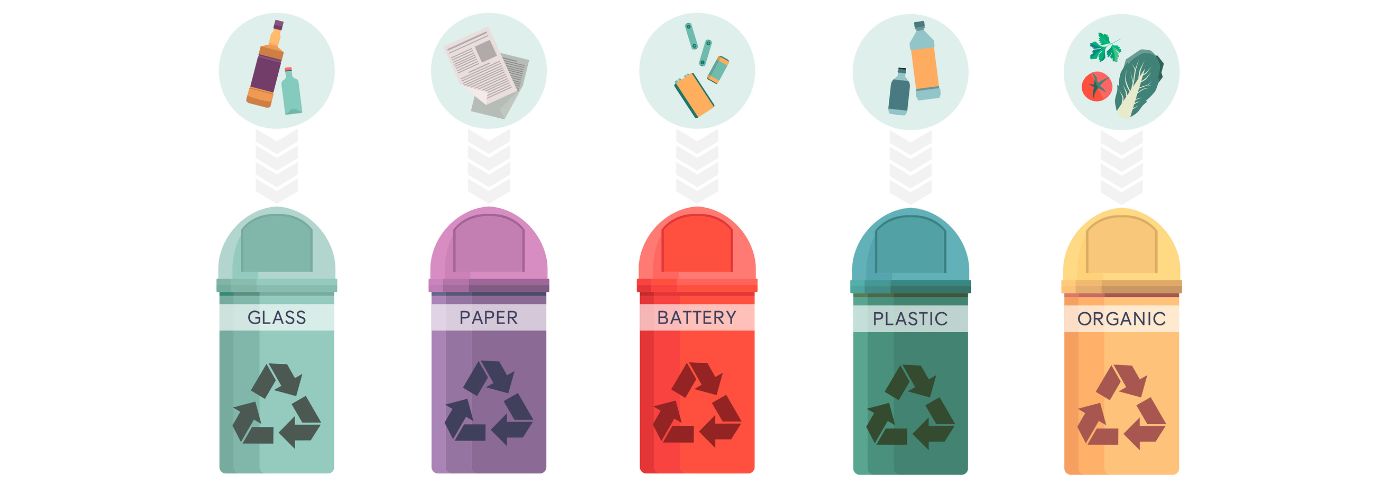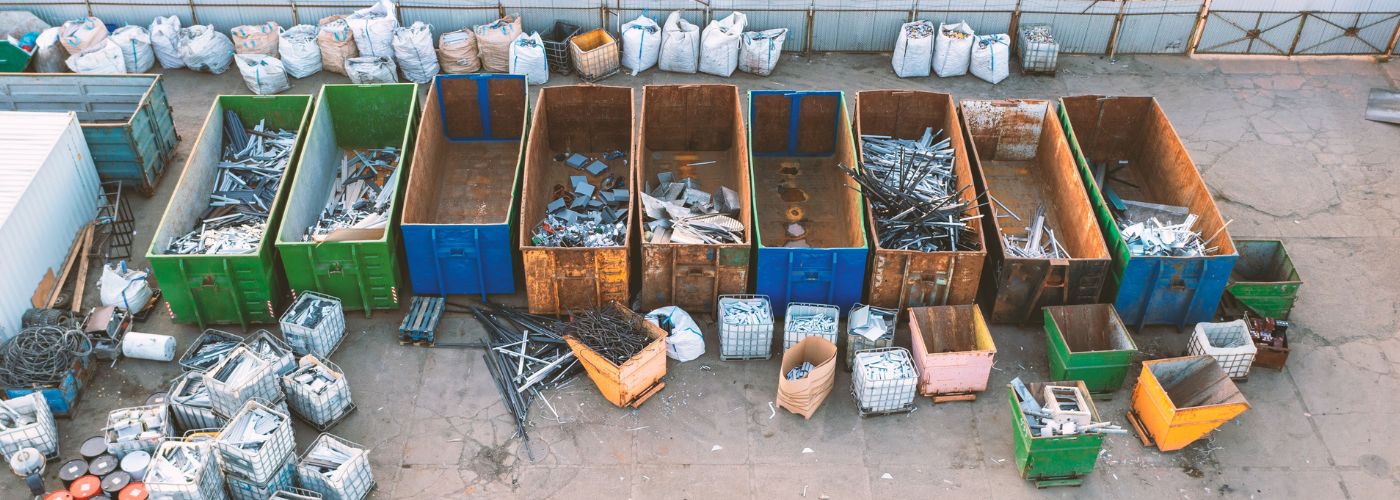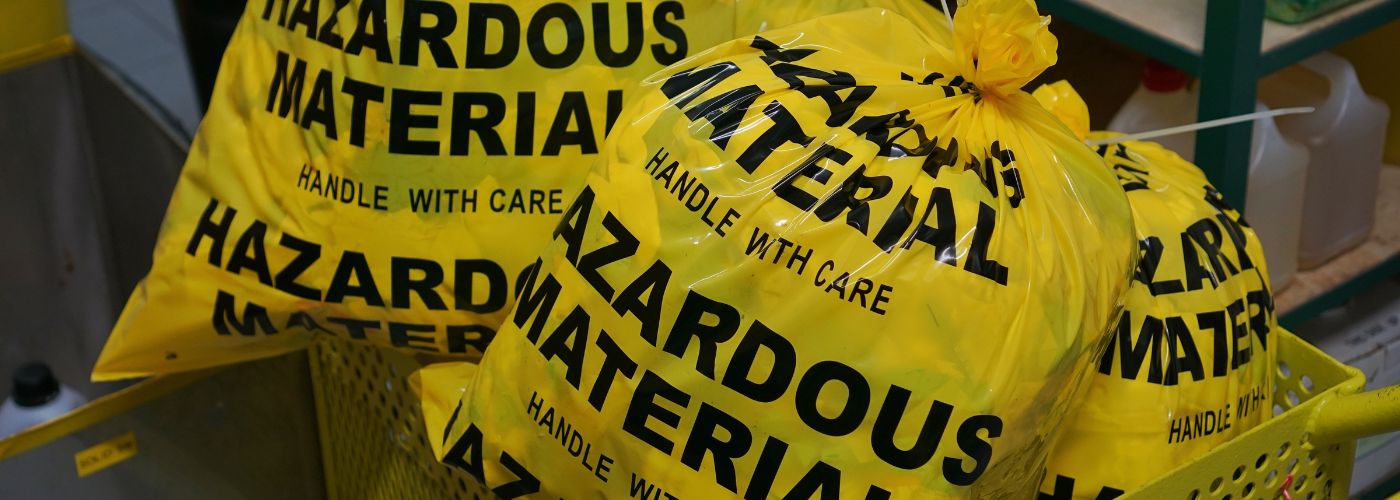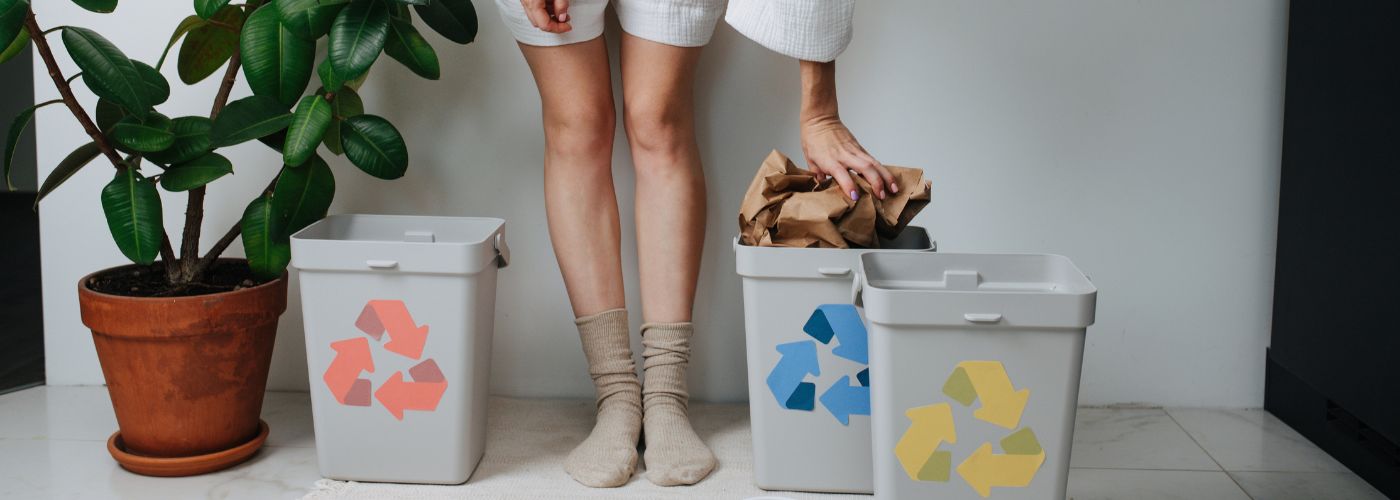Proper waste disposal is essential for creating a healthy environment and can help ensure your home remains free from pests and odors. Whether you are planning to handle the disposal of your garbage or have a contracted service come to your property, it is important to know the right way how to prepare for your waste disposal service.
What Are The 5 Types Of Waste Disposal?

Waste disposal service is an important part of modern life, and knowing the different types can help you make informed decisions about how to handle your own waste. There are five main categories of waste disposal: recycling, composting, incineration, landfills, and hazardous waste management.
Recycling involves collecting and processing materials that can be reused in new products or processes.
Composting is a process that transforms organic materials into a nutrient-rich soil amendment for use in gardening and landscaping.
Incineration reduces the volume of solid waste by burning it at very high temperatures.
Landfills are the most common method of disposing of non-recyclable or non-compostable material.
Hazardous waste management refers to the safe storage and disposal of potentially dangerous wastes such as lead paint, asbestos insulation, household cleaners, oils and chemicals.
What Is The Cheapest Way To Dispose Of Waste?

When it comes to disposing of waste, finding the most cost-effective solution is key. The cheapest way to dispose of waste will depend upon the type and quantity being disposed of.
Many people may be surprised to find that there are often hidden costs associated with disposal, which can make certain solutions more expensive than initially thought.
For most households, recycling waste is the most cost-efficient way to eliminate rubbish. Recycling requires minimal effort and offers a range of financial incentives, such as reduced landfill taxes or discounts on council taxes for those who actively recycle their waste.
Additionally, many supermarkets now offer rewards for customers who bring in recyclable packaging, making it easy and financially beneficial for everyone involved.
For larger businesses requiring large-scale waste management solutions, hiring a professional company may be necessary for a safe and legal disposal process at an affordable rate.
How To Dispose Of Hazardous Waste

When it comes to disposing of hazardous waste, safety should always be the top priority. Hazardous waste can be combustible, explosive, corrosive, or toxic and can cause harm to people and the environment.
Proper disposal of hazardous waste is necessary to ensure that it’s done in a way that won’t cause damage. The following tips will help you safely dispose of your hazardous waste:
First, identify which type of hazardous material you have. This will determine how it needs to be disposed of properly.
Second, check with your local government for any regulations regarding the disposal process – some items may not be allowed in certain areas due to their potentially destructive nature.
Third, if possible, try donating or recycling non-hazardous materials; many organizations exist specifically for this purpose. Additionally, a moving company even offers waste disposal services since they’re knowledgeable in handling large materials.
Where To Dispose Of Electronic Waste
Electronic waste, or e-waste, is a growing issue today. It can be anything from cell phones to computers. Electronic items contain toxins like lead, mercury, and cadmium, which are hazardous to the environment if disposed of improperly.
To help combat this problem, there are several places where you can dispose of your e-waste responsibly and safely.
One option is to donate your electronics to a local charity or recycling center. This will help ensure they go towards something productive rather than sitting in a landfill. Causing harm to the environment.
Additionally, many electronic stores offer trade-in services for used electronics. Where you can get credit towards new purchases, which helps keep old technology out of landfills. While offsetting the cost of upgrading your tech gear.


